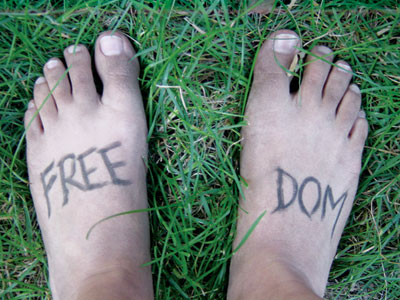All Nonfiction
- Bullying
- Books
- Academic
- Author Interviews
- Celebrity interviews
- College Articles
- College Essays
- Educator of the Year
- Heroes
- Interviews
- Memoir
- Personal Experience
- Sports
- Travel & Culture
All Opinions
- Bullying
- Current Events / Politics
- Discrimination
- Drugs / Alcohol / Smoking
- Entertainment / Celebrities
- Environment
- Love / Relationships
- Movies / Music / TV
- Pop Culture / Trends
- School / College
- Social Issues / Civics
- Spirituality / Religion
- Sports / Hobbies
All Hot Topics
- Bullying
- Community Service
- Environment
- Health
- Letters to the Editor
- Pride & Prejudice
- What Matters
- Back
Summer Guide
- Program Links
- Program Reviews
- Back
College Guide
- College Links
- College Reviews
- College Essays
- College Articles
- Back
Social Rules
Most social rules are understood cues rather than written manuals. Recognition of and adherence to these rules determine social relationships based on age, gender, or ethnicity. Failure to comply results in becoming an outcast, but sometimes can redefine accepted standards to form a new way to belong.
Some actions are acceptable at certain ages but not others. As a child, it is deemed acceptable to throw yourself on the floor and have a temper tantrum. However, as a teenager you must hide these fits. People that are considered popular tend to follow this trend of emotional control, but so do outcasts. Why? What was different? Although no one directly told us that wearing Polo or Hollister clothing was a necessity to fit in, every student in my middle school classes knew that only brand name clothing would let you fit in. My Wal-Mart t-shirt had me labeled as a loser before I even opened my mouth; my identity was defined by an unspoken rule of what clothes were acceptable in that age group. Even adults must worry about these age based, stereotypical rules. A twenty one year old should be out having parties, at forty you should be a boring parent, and by your eighties you should be in a home playing Bingo. Failure to follow the predetermined timeline of your life results in labels like “eccentric,” “weird,” and “off their rocker” that keep you from belonging with your age group.
Additionally, gender roles must be strictly followed. “Make me a sandwich!” is always directed towards women. The wife must cook, clean, do laundry, and care for the children. The men, on the other hand, should work and then watch football. When women worked in the place of men during World Wars I and II, they proved they could do equal work. However, the patriarchal society never quite moved away from traditional gender roles. Did your mother directly tell you to walk behind the man and always be the subservient, lesser being? Not many people were taught that lesson as a child, and yet it is known. Gender discrimination may be against the law, but it still happens. Women are still identified as the weaker sex, despite redefinitions of their roles that led to the slightly more balanced roles of today.
Another major factor in determining what group one should belong to is ethnicity. See a tall African American man walking towards you at night? Lock the doors! This assumption has no support; that man could be a Harvard educated doctor, and because of his race he is feared. The Middle Eastern man on the airplane strikes fear into your heart because he could be a terrorist. No one gave you any reason to fear this man, but because of social rules that were never fully explained, you will be nervous throughout your flight. Are people with low-hung pants always in gangs? Maybe they forgot a belt today, but they are immediately labeled as a “thug” because it is ingrained in the depths of our beings that these people should be watched. All of these unspoken rules keep people from belonging to society as a whole and reinforce racial discrimination.
Unspoken rules should not define either individuals or groups of people. While some rules, like codes of conduct at school or traffic laws, are helpful to society, unspoken rules have no real benefit. The role of these “tacit codes,” as Michael Ignatieff dubbed them, should be lessened, if not forgotten, to create a more peaceful society where people don’t have to worry about not being acceptable to others because of their age group, lack of a Y-chromosome, or the color of their skin.

Similar Articles
JOIN THE DISCUSSION
This article has 0 comments.
